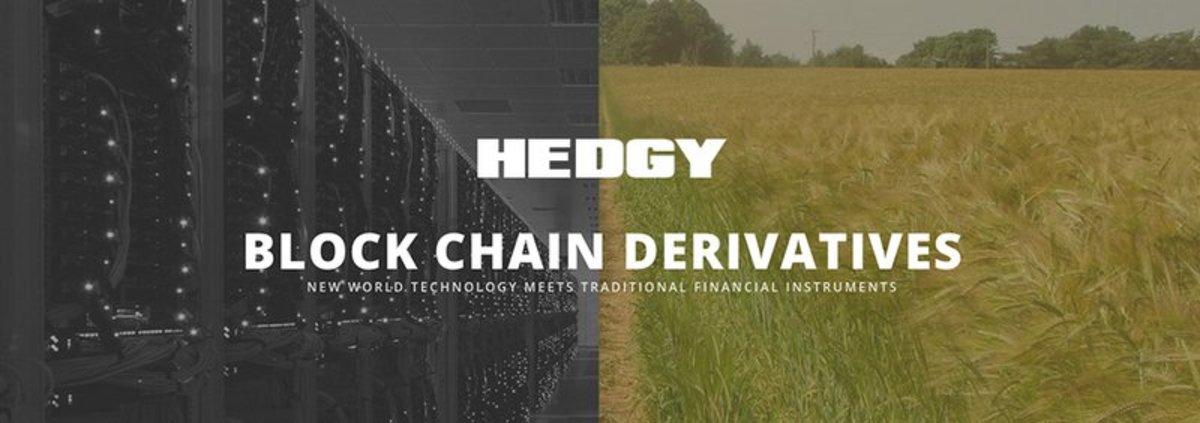
The Boost VC Tribe 4 graduate Hedgy completed a $1.2 million funding round from investors including Tim Draper, Salesforce CEO Marc Benioff and Sand Hill Ventures.
Hedgy, founded in April 2014 is the first Bitcoin startup to create multisig powered smart contracts to protect merchants from the price volatility of bitcoin.
Initially, under the project name Coindash, Matt Slater (co-founder and head of trading) and Juan Pineda (co-founder and head of technology) worked together in Boost VC’s bitcoin hackathon to create prototypes of the world’s first programmable smart contracts for derivatives.
Using a derivative called “over the counter non-deliverable forward contract,” Hedgy allows two parties to agree on a price of bitcoin that will be traded at in the future.
“All it means is that instead of exchanging bitcoin at the end you just exchange the price difference,” Slater explained. Essentially, the agreement would lock the price of bitcoin, say $500 / BTC, for a certain amount of time. This way, merchants or miners will be free from the volatility of bitcoin.
In correlation to the recent funding round, Hedgy launched a product similar to the concept of the original merchant-targeted smart contracts, this time for miners.
Miners using the newly launched derivative can initiate smart contracts to agree upon a future price of bitcoin which they wish to sell after a certain amount of time that will be settled on the bitcoin blockchain.
The new product of Hedgy is mentored by the founder of MegaBigPower Dave Carlson, who has been working with Hedgy to develop the derivative. The U.S.-based bitcoin mining company MegaBigPower is also the first bitcoin mine to use the derivative. The bitcoin mined from MegaBigPower is purchased by London-based Bitcoin derivatives exchange Crypto Facilities.
How Hedgy Works
A bitcoin miner will first “hedge” bitcoins at a price of perhaps $250/BTC for 30 days. Then an indicator of Interest is sent to the Hedgy Chat. To initiate in a smart contract, a pre-contract negotiation is made directly with counterparties. Once the terms are agreed upon by the counterparties, the contract is submitted to the Hedge Oracle to create and settle the smart contract.
After the smart contract has been created, a multisig address is generated where the miner and counterparties each deposit at least 30 percent of the BTC to the designated multisig address. As soon as the deposits are confirmed, it goes live on the blockchain, completing the deal.
Hedgy explains that this could help miners deal with increasing electricity costs, hardware obsolescence and fluctuating prices, which are a major problem facing bitcoin mining profitability.
As a decentralized brokerage for miners and counterparties, Hedgy could provide miners an effective method of dealing with bitcoin volatility in the future.










